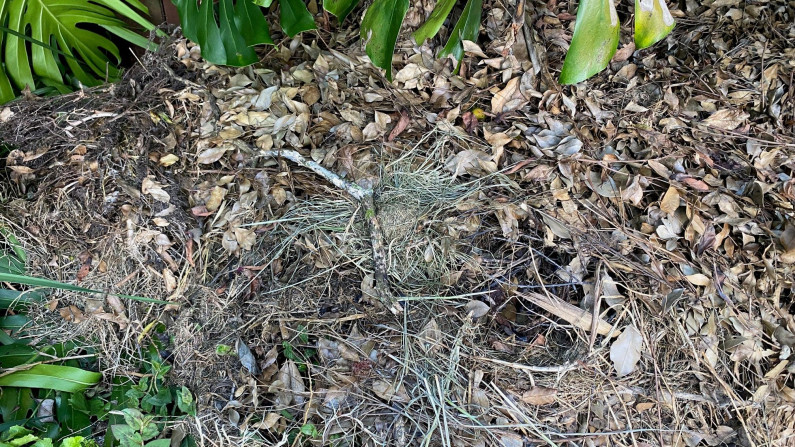Kerbside recycling: food and garden organics collections
Councils providing kerbside food scraps and organic (FOGO) bins generally accept the same materials for collection.
Councils providing kerbside food scraps and organic (FOGO) bins generally accept the same materials for collection.

Once collected and processed, the materials in your FOGO bin will be recycled back into the soil. Materials that may not properly break down or risk introducing harmful pollutants to our soils are not allowed in FOGO bins.
Packaging including paper and cardboard might also contain chemicals known as PFAS (per- and polyfluoroalkyl substances) which are harmful to the environment. This chemical is often added to make the packaging water or grease resistant.
Plastic can't be composted because it doesn't break down naturally like other materials. Instead, it can disintegrate into tiny pieces called microplastics which are harmful to the environment.
Coffee pods are typically made of plastic or aluminum which cannot break down in organic material processing facilities.
Many tea bags sold in Aotearoa contain plastic, either woven into the tea bag or used as a glue/sealant.
Read more about why paper, cardboard, and compostable packaging can't go in your FOGO collection
The way that food and garden organics are processed varies across the country. Depending on how your local processing facility operates, there are some materials that may not break down fully.
Check whether your local council’s FOGO collection allows:
Food and garden waste is sent to a composting facility to be processed. There are different composting technologies which can be used such as in vessel, open windrow and aerated static piles.
These various composting techniques all produce similar end products see What can I do with my food waste [Office of the Prime Minister's chief science advisor website].